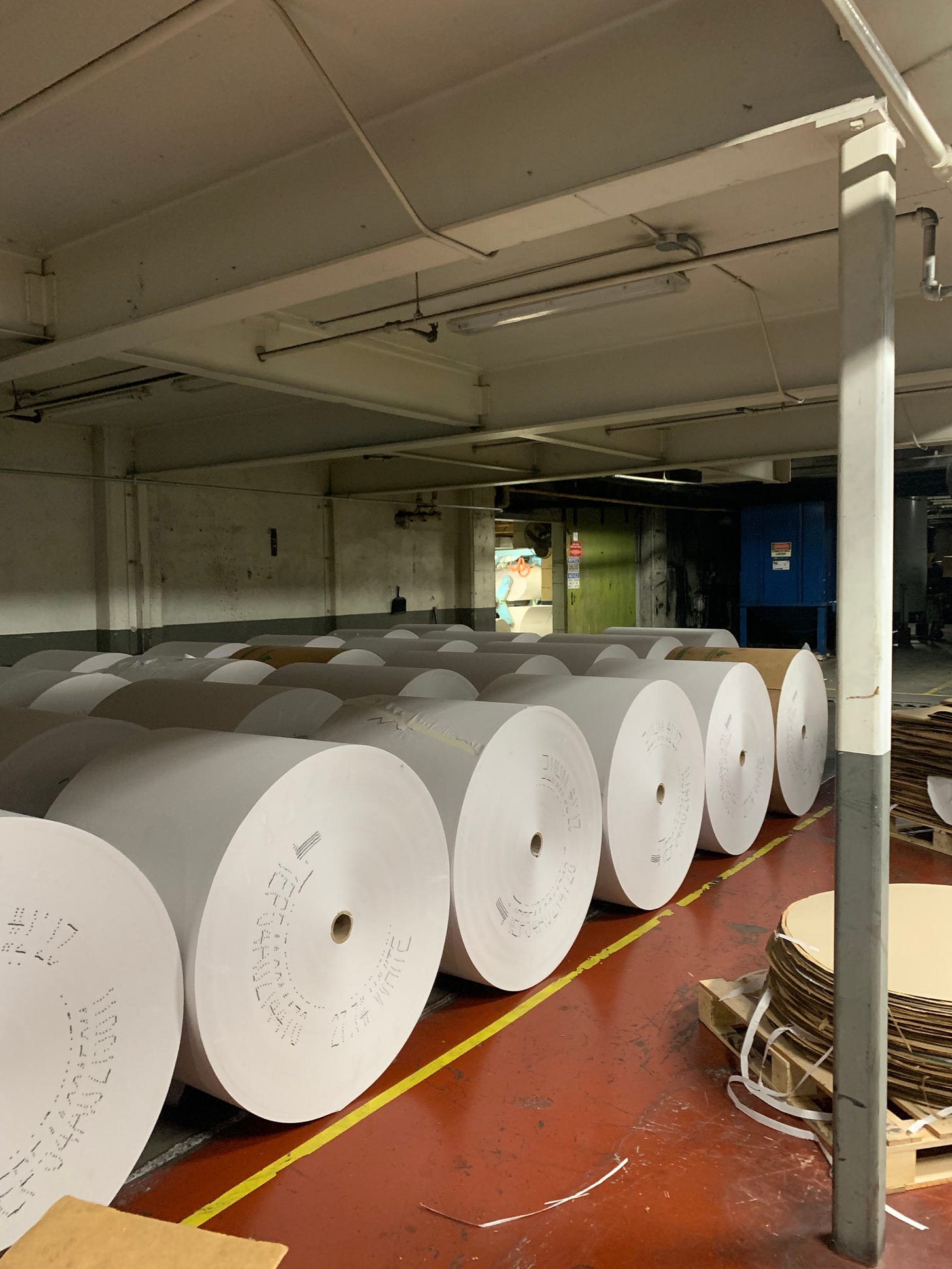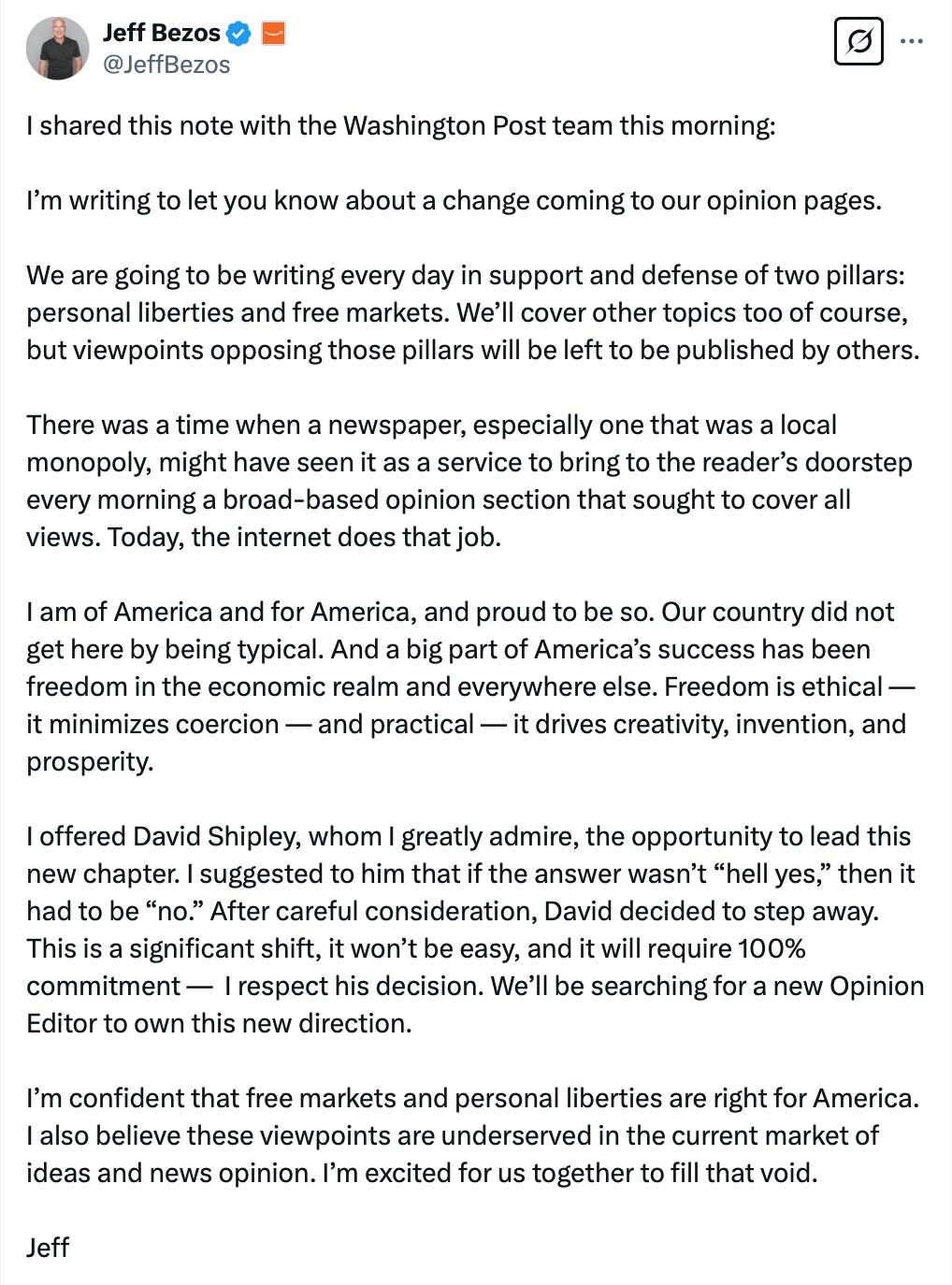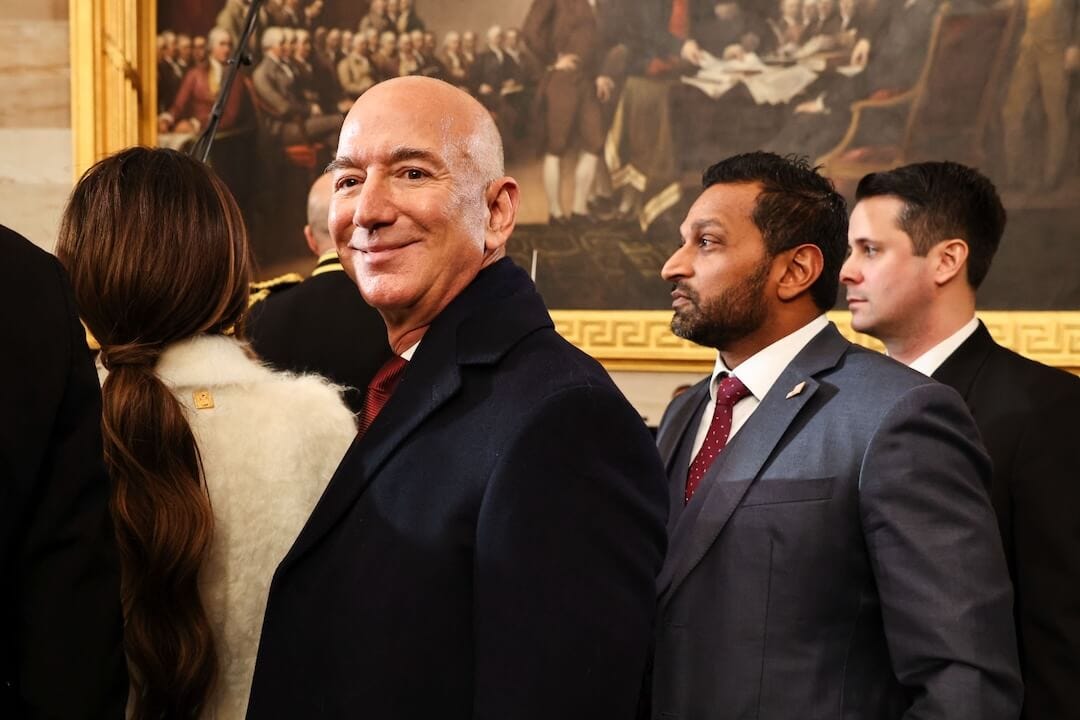A few years ago I was preparing to live abroad in Oviedo, Spain, to study multilingual journalism and cross-border relationships. Essays had been written, interviews were conducted and, fortunately, some financial assistance had been provided. I’d heard that the trip had a reputation for being relaxing and immersive, though it was with a decorated journalist and notoriously challenging professor. At the time I was more fluent in Spanish than I am now, likely in part because the trip to Spain never occurred as a result of the COVID-19 pandemic.
However upsetting that non-experience was, it’s not really a big deal. A lot of worse stuff happened to people in 2020 than college students missing out on study abroad.
For the application, though, was a series of essay prompts about my experience, passions and background, as you can imagine. One prompt was especially corny, something along the lines of Where did your love for journalism come from? In response, genuinely but still equally as corny, I thought back to how, essentially, it came from a constant presence of news consumption in my childhood.
***
My parents have always gotten daily print copies of the Washington Post dropped off the in the traditional style, left in a plastic sack at the end of the driveway. As a kid I used to run out there barefoot and retrieve the paper, tucking it in my arms and dashing like Saquon Barkley. I didn’t really understand the significance of the newspaper as a six-year old, but the task itself always had a way of making me feel like Indiana Jones. The daily papers always had a way of accumulating in the house, lining the floors around my father’s armchair and crowding seats at the dinner table. Cable TV, internet news and even early social media were all present, too, of course. Even then it was pretty clear that the newspaper was an antique. But it just felt different, it was serious. It was something my parents seemed to think was really important.
This was in the D.C. area, too, where so many of our moms and dads worked for the Department Of whatever. You’d get to go on field trips to all the government buildings and museums because they were always so nearby. Children of House representatives or cabinet members were in your classes. It got easy as a kid to drink the politics and journalism Kool-aid.
The Washington Post was the modern symbol of that world for me at an early age. I didn’t know anything about who was behind the paper, who owned the paper or whatever. It was the local thing draped in the context of famed successes like the story of All The President’s Men. Carl Bernstein even went to my high school back in the day, as a matter of fact.
So many people around me seemed to take it all so seriously, so how could I not?
***
As a senior in high school, a classmate and I got a chance to go the Post’s newsroom to interview one of their fact-checkers for a video project we’d been doing on the subject. This wasn’t too long after Jeff Bezos had bought the newspaper in 2013 — a year that feels so foreign now, but a time when Bezos was still one of the richest men alive.
The cash injection had allowed the paper to move into a new, modern space on Franklin Square. I remember the sleek glass doors, fancy security systems and the dramatic backlighting of the DEMOCRACY DIES IN DARKNESS sign by the newsroom entrance. Years later I would work at a newspaper myself as a reporter and stack copies of my work at my desk for no reason other than it felt important.
The driveway paper retrieval had come full circle; it’s one of those things you hear someone in their 70s reflecting on, here I am doing it at 25.
Even then in 2015 there were concerns that Bezos’ wealth would corrupt the Post’s integrity, however necessary his financial support was for the company’s future. Amazon was an immense company with tendrils of influence in nearly every industry and community in America.
Bezos’ net worth then was $47 billion. Yet there he was, apparently dedicated to preserving the sanctity of the fourth estate, an institution that had a history of rightfully challenging his empire. He was a libertarian, apparently, and caught flack from right-wingers for how his companies occasionally indulged in surface-level progressive marketing.
Since his purchase of the Post, his companies have starved small businesses and violently busted unionization attempts across the country. He opted to move from his home in Washington likely to avoid paying the state’s new capital gains tax that would funnel hundreds of millions into education. The Post opted not to endorse Kamala Harris. Bezos then stood beside Donald Trump at his inauguration, next to several other billionaires who have done the same, and celebrated an administration that would only make it easier to continue cutting corners and preserving personal wealth.
Today in 2025 Bezos is worth nearly $250 billion — still after a messy divorce that split his assets and a global pandemic that crippled the economy. It’s been a never-before seen, unstoppable explosion of wealth.
Staffers at the Washington Post (not to mention anyone else who works for his companies) haven’t seen their budget thrive the same.
On Wednesday, Bezos issued a memo to Post staff that he would be refusing any opinion works that criticized “personal liberties and free markets.” Now, the inclusion of “personal liberties” here is an obvious distraction from what he’s really getting at. It’s like putting your cat’s medicine inside a treat.
It’s about getting rid of any anti-capitalist stuff in an era when wealth inequality is eroding American life (and global life) at nearly every fiber of its being. As a result of his actions. For his first decade as the Post’s owner, Bezos played nice and made his power moves with more subtlety. Now with Trump 2.0, it’s time to be more honest about his ideology.
The craziest piece of the memo is a moment of stunning gaslighting:
“I’m confident that free markets and personal liberties are right for America,” Bezos wrote. “I also believe these viewpoints are underserved in the current market of ideas and news opinion. I’m excited for us together to fill that void.”
Bezos claims defenses of capitalism are underserved in media — as a guy whose net worth has absolutely exploded since his purchase of one of the world’s most trusted media outlets. Among his billionaire peers are several other owners of media and information conglomerates, if you can believe it.
Elon Musk. Rupert Murdoch. Mark Zuckerburg. Larry Ellison. Even Michael Bloomberg.
Where in American media ownership is the supposed threat to capitalism?
I don’t have a call to action for this one. It’s good to see Post staffers and its opinion editor protesting the move. But what will fill their place? For years, the Washington Post has slid further away from the left, further from the values it was proudly built upon.
Like many my age who didn’t even ever work in journalism, I’ve grown to be more and more skeptical about how legacy media has evolved. There’s always been bias, there’s always been omissions that favor right wing, pro-American thinking.
But now, like in many other arenas, there’s no longer an appeal to subtlety. How will we respond?




